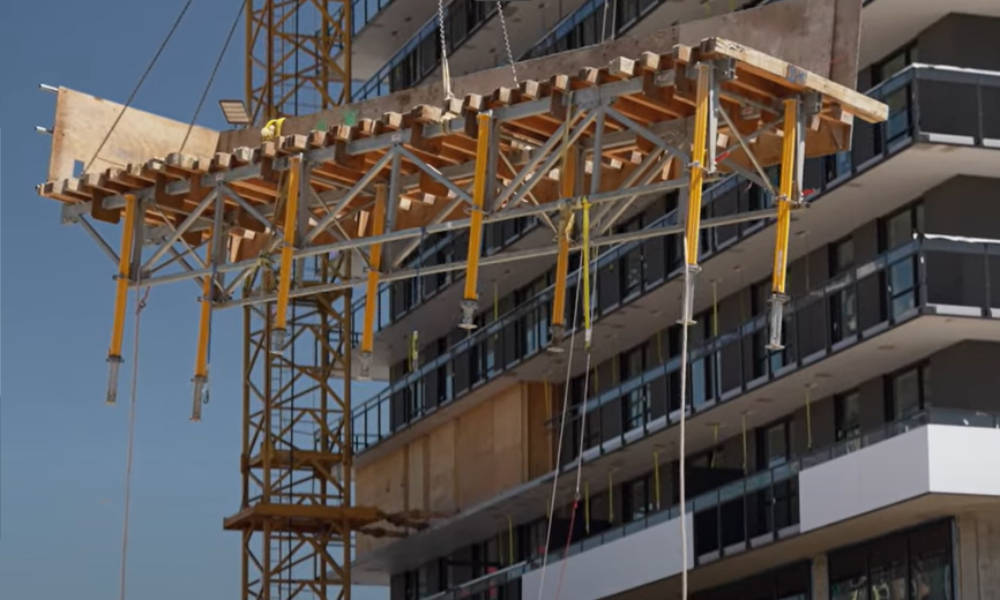Province wants to ‘ensure our long-term care facilities are even better prepared for a second wave of COVID-19’

Nova Scotia is investing $37 million over three years to improve long-term care facilities in the province and safeguard them for the possible second wave of COVID-19 infections.
The Department of Health and Wellness will work with its partners to:
- ensure existing long-term care rooms have no more than two residents each
- establish one mobile infection prevention and control response team in every zone to support facilities facing outbreaks, as well as an infection prevention and control resource person per zone dedicated to long-term care
- ensure there are processes in place for long-term care staff to get tested and return to work as quickly as possible
- provide funding for all facilities to increase cleaning staff and supplies
- provide funding for small capital projects and equipment purchases to support infection and prevention control in long-term care facilities, such as lock boxes and carts for medications, hand-sanitizing stations, personal protective equipment (PPE) carts and room dividers
- provide funding for staff who can be deployed as needed to manage outbreaks
The announcement came after Dr. Chris Lata, infectious disease consultant, of Nova Scotia, and Dr. Lynn Stevenson, former British Columbia associate deputy minister of health, conducted a review of the COVID-19 outbreak at Northwood’s Halifax campus and made recommendations to the provincial government.
Some of their key recommendations include:
- improving infection prevention and control within the existing architecture at Northwood
- reviewing and updating pandemic plans
- creating a mobile infection prevention and control resource to support facilities facing outbreaks
- addressing staffing challenges with more employees for housekeeping, resident care, screening and visits, and a human resources plan for the sector
- clarifying roles and responsibilities within the Department of Health and Wellness and the Nova Scotia Health Authority, restructuring their disaster response teams and improving communication
“We agree with the intention of all the recommendations and we are pursuing many of them immediately to ensure our long-term care facilities are even better prepared for a second wave of COVID-19,” said Dr. Randy Delorey, minister of health and wellness. “We will bring our partners together to determine a path forward on some of the longer-term recommendations.”
There are 133 licensed long-term care facilities in Nova Scotia with a total of about 8,000 beds, and 58 per cent of rooms in the long-term care system are single rooms with private bathrooms.
Restrictions
The government also announced further easing of restrictions in long-term care to allow residents to enjoy off-site day visits with family in their homes.
“Residents and their families want more opportunities to connect in ways they could prior to this pandemic and we appreciate their patience while we’ve taken a careful, phased approach to easing restrictions,” said Delorey. “It’s my hope that getting out with family will bring a much-needed sense of normalcy for residents of long-term care.”
Other details include:
- off-site visits must be pre-arranged with the facility, which will maintain a record of trips
- residents will not be required to self-isolate upon return as long as they follow key public health measures like wearing a medical mask (provided by the facility) when required, maintaining physical distance, respecting gathering limits, washing their hands frequently, and ensuring the environment they’re in is clean
- the person accompanying the resident must be screened, showing no symptoms of COVID-19, and agree to follow all public health measures
- those who have close contact with the resident during the visit (less than 2 metres or 6 feet), including the person accompanying the resident, must wear a non-medical mask
- the resident must not come into contact with someone who is required to self-isolate
- overnight visits or visits outside the Atlantic bubble are not permitted
- upon return to the facility, staff will review the outing with the resident and support person
Earlier this month, Nova Scotia extended its declaration of State of Emergency until Oct. 4, unless otherwise extended.
Previously, Ontario received “heart-breaking”, “horrific” reports from the Canadian Armed Forces who detailed medical, professional and technical issues present in five long-term care facilities in the province. In May, workers’ union SEIU Healthcare called on Ontario Premier Doug Ford to immediately commission a public inquiry, pursuant to section 3 of the Public Inquiries Act, to investigate the deaths of residents and frontline workers in long-term care facilities in the province.





